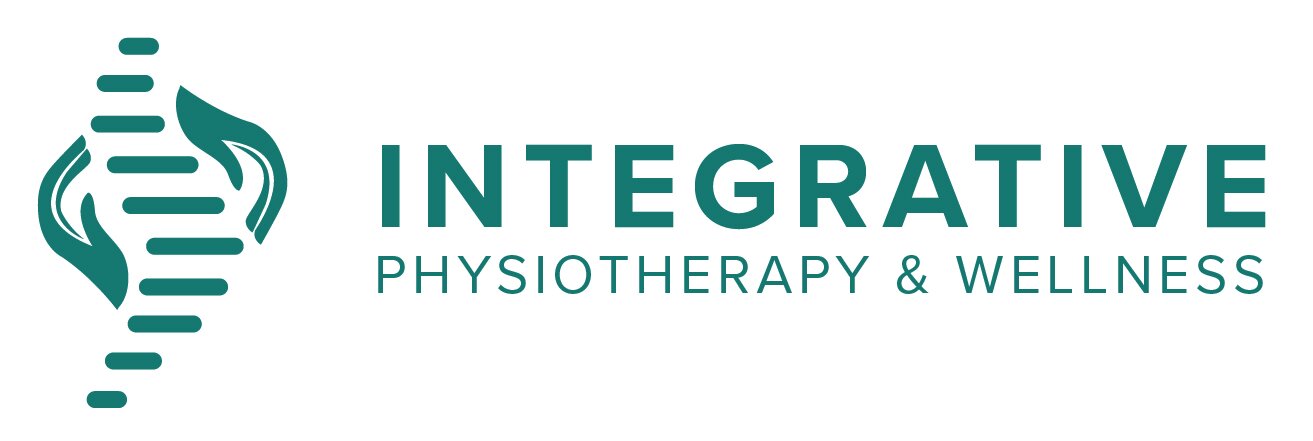Peri-menopause and Menopause
Menopause, Perimenopause and Post Menopause
Menopause is a natural biological process that marks the end of a woman’s menstrual cycles and reproductive years. It’s officially diagnosed after 12 consecutive months without a period, and it typically occurs between ages 45 and 55, though it can happen earlier or later and signalling the end of the ability to conceive a child.
Post-menopause is the balance of a woman’s life after menopause, possibly another 35-40 years.
Perimenopause is a less clearly defined transitional phase that can begin 7 to 10 years before menopause. During this time, hormone levels—particularly estrogen and progesterone—fluctuate significantly, leading to a wide range of symptoms. These changes can vary from mildly annoying to deeply disruptive, sometimes affecting a woman’s work, relationships, and overall health. You may notice not only physical and reproductive changes, such as irregular periods or hot flashes, but also emotional shifts, including mood changes, anxiety, or difficulty concentrating.
Prevalence: 100% of women who live long enough will experience these three stages of life, which usher in this new phase of life.
Even if you are not a woman, but have a mother, wife, partner, sister, relative or friend that is a woman, you, too, are likely to notice changes – you can help by being educated and supportive.
Common Symptoms, or clues to what your body needs:
If you (or a loved one) are approaching the age of 40, you may begin to notice changes to ability to cope, at home or at work, because of any (or many) of the following:
Hot flashes (even if you have cold feet!)
Brain fog
Feelings of anxiety or overwhelm, or burnout
Osteoporosis
Weight gain around your middle
Indigestion and reflux developing
Shoulder, back, foot pain
Headaches and dizziness
Insomnia (often between 1-3am)
Poor memory
Depression,
Low energy
Dry hair, skin and vaginal dryness
Shoulder pain
Cycle changes
Heart issues
These changes can occur because our bodies are preparing to stop reproducing; fluctuating levels of hormones (estrogen, progesterone and testosterone among others) can cause these problems. We also now know that, for example, there are estrogen receptors on many cells outside of our reproductive system, so it is not just our reproductive organs and cycles affected by hormone changes, but this wide-ranging and surprising group of symptoms, including our heart and bone health.
Diagnosis:
Your western medical practitioner or naturopath may conduct blood tests to determine if your hormone levels are fluctuating (although those tests capture a moment in time only). You don’t need a formal western diagnosis to visit your acupuncturist.
Your acupuncturist will ask what symptoms are most troubling to you, and work with you to treat those symptoms, both mind and body. Studies show that acupuncture is an effective drug-free and low risk way to treat hot flashes, sleep disturbances, anxiety and depression, osteoporosis and other troubling conditions.
Acupuncture Treatment Approach:
We start with a thorough whole-person assessment, to understand what and how you are being affected by one or more of these symptoms, or clues. We use gentle treatment methods to help your body balance itself better, and stimulate its own healing mechanisms, including:
Using thin needles in specific body points (often below knees and elbows);
Heat therapy (including far infrared heat lamps);
Cupping (often on areas holding tight muscle contractions);
Gentle massage techniques (called ‘tuina’);
Ear seeds to prolong treatment (over 200 points to help you);
Electroacupuncture to
Simple Dietary recommendations – such as adding or removing a specific item;
Movement suggestions – often including simple qi gong (stretching, strength and breath work);
*we don’t ask you to stop any treatment you may be receiving – we work with all*
Tips to support these changes:
Stress management – although acupuncture has a quick way to engage your body’s ability to relax,
Educate yourself and your loved ones about what perimenopause/menopause may affect in your life
Spend more time in nature, including going for walks
Eat healthy green and orange vegetables and proteins including nuts and seeds
There is a growing awareness that many women going through perimenopause and menopause may need support in the workplace when they go through these changes. Since most of us have a mother, sister, daughter, aunt, friend or partner who provides care for us, we are affected by their struggles; awareness that these changes can be normal, and alleviated with treatment, can improve quality of life for us all!
Written By: Susan Patterson
Sources:
https://www.evidencebasedacupuncture.org/acupuncture-menopause/
Masterclass on Menopause for Practitioners, transcripts – Dr. Felice Gersh

